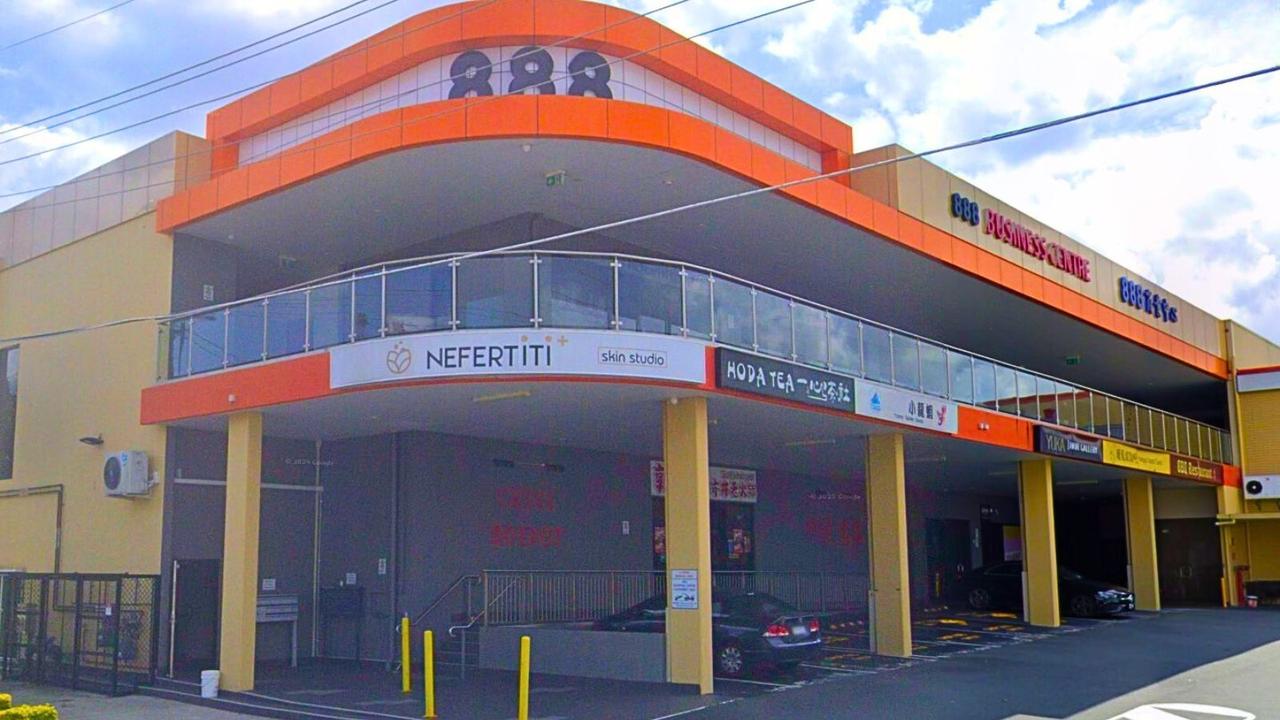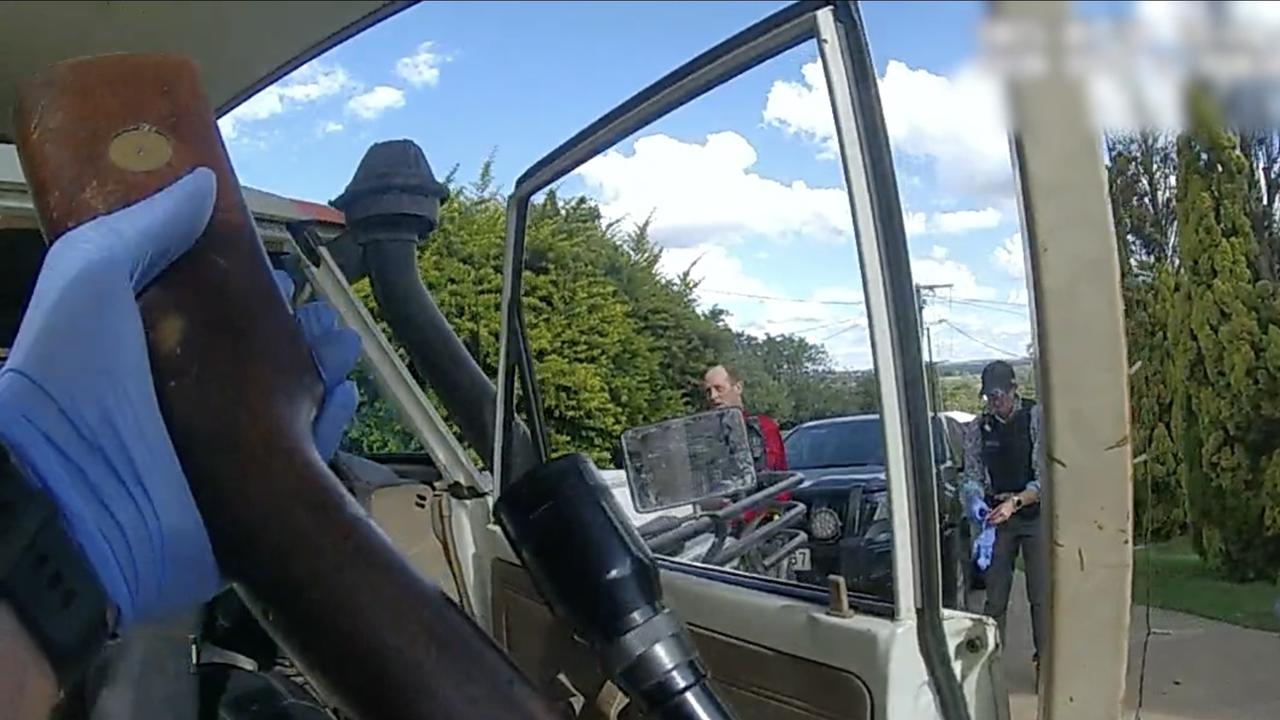Patients spend less than one week in palliative care hospital stays
As euthanasia looks set to be legalised in Queensland, shock stats reveal the plight of those in need of palliative care.

QLD News
Don't miss out on the headlines from QLD News. Followed categories will be added to My News.
Terminally ill Queenslanders have shorter stays in public hospital palliative care than those in any other states.
New data released today by the Australian Institute of Health and Welfare shows patients with life-limiting illness spend an average of just 6.8 days being cared for in the public system while private patients spend twice as long getting specialist treatment for 14.5 days — the longest stay in any hospital nationally.
Victorians spend on average 10.8 days hospitalised in the public system and in NSW 8.9 days.
The numbers from the report Palliative Care Services in Australia reveal that Queensland is third highest nationally for the rates of people per 10,000 population to be hospitalised for palliative care services at 19.2.
ACT is the highest at 22.5 and NSW second at 21.2.
In response to the data, Queensland Health reports that Queenslanders often prefer to spend their final days in a home setting rather than in a hospital, and they are investing $12 million in non-government organisations to deliver palliative care services in the community.
“We will also be investing almost $55 million in new community-based care initiatives. Overall, the state government is investing almost $150 million in palliative care services this financial year, up almost 50 per cent since 2015. There is a further $171 million in investment earmarked for statewide palliative care across the next five financial years,” a spokesman said.
The report shows that the number of Medicare-subsidised palliative care services received by Australians in their own home has almost doubled over five years.
Home visits for palliative care specialist services increased by an average of 18 per cent annually between 2015–16 and 2019–20 with a total of 2240 patients receiving home visits in 2019–20. However, most palliative care services continue to be received in a hospital or surgery, with these services increasing by 12 per cent over the same 5-year period.
“Providing palliative care-related services in the home can be important for people with a life-limiting illness and their families, enabling them to remain in or return to their preferred location,’ Australian Institute of Health and Welfare’s Sushma Mathur said.

“Historically, it was assumed that palliative care would commence only once all treatment aimed at ‘curing’ people had finished or only when a person was dying.
“However, there are benefits to providing palliative care in association with disease-modifying therapies that aim to prolong life. It is also recognised that many people with life-limiting illnesses are not ‘cured’, but continue to live with these illnesses for many years.”
AMA Queensland president Professor Chris Perry said palliative care services were woefully and chronically underfunded in Queensland needed an additional $275 million per year to bring services up to a level that would sustain the growing demand.
“There is tsunami of demand for palliative care services in Queensland public hospitals and historic underfunding means we are struggling to meet those needs,” he said.
“Services are stretched beyond capacity and survive because of the wonderful clinicians providing care.
“For example in one of the largest health services in Queensland the number of dedicated public hospital specialist palliative care beds represents about one third of the recommended number for the population.”
Queensland had about half of the recommended specialist palliative care doctors that are needed to meet benchmarks set by Palliative Care Australia, Professor Perry said.
“Just providing the dedicated beds is not enough, we need the dedicated specialist staff to go with those beds, and specialist palliative care physicians, clinical nurses and allied health professionals,” he said.
Regions like Toowoomba only have a single public specialist palliative care physician funded and in the Wide Bay region there is no dedicated Specialist palliative care service with support provided by a variety of services.
“While palliative care should be available from diagnosis of a life-limiting illness, unfortunately the lack of funding means that specialist palliative care services may only be available to those with a prognosis of less than three months,” Professor Perry said.
More Coverage
Originally published as Patients spend less than one week in palliative care hospital stays









